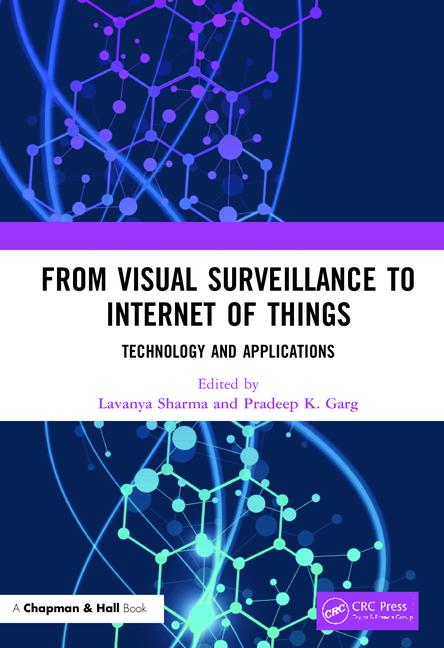ESA Joins Forces with Michigan to Oppose New Set of Regulations Backed by AT&T & Others
The Electronic Security Association (ESA) has thrown its support strongly behind the Burglar and Fire Alarm Association of Michigan (BFAAM) by opposing legislation that would potentially benefit the entry of telephone companies into the state’s electronic security and life safety sector while creating an undue burden on existing providers.
Two recently introduced bills — Senate bills 1291 and 1292 — would create a separate set of licensing requirements in Michigan for IP-enabled security systems, and also circumvent existing statutes that are currently followed by BFAAM members and other providers.
The associations say the new licensing requirements would conflict with existing rules requiring companies in the life safety and electronic security industry to adhere to minimum qualifications in licensure, certification, training and background checks.
Rather than working within the existing statute, the groups say, the new legislation also would:
-
Create a new licensing structure with a definition of a security system as "IP-enabled," primarily because it sends signals via the internet. In fact, nearly all security systems in use today are IP-enabled, and no new classification is necessary.
-
Require many current providers to obtain two licenses — one under the existing statute and a second one under the new classifications — and follow a redundant and often contradictory new set of regulations.
- Allow new entrants into the industry to circumvent existing requirements for criminal background checks.
Both BFAAM and ESA are also troubled by the unusually fast track for the two bills. Unlike other legislation, which often takes weeks or months to wind its way through the approval process, the two bills were introduced on Sept. 19 and approved by the state Senate on Sept. 27 without adequate hearings or input from affected businesses or citizens. After being approved by the Senate, the bills moved immediately for introduction in the House the same day.
In a letter to several influential state legislators, ESA President John Knox stressed the industry’s reasons for opposing the bills, and also noted that one of the major proponents of the legislation is AT&T, which is moving strongly into the electronic security market.
BFAAM President Dean Belisle emphasized that the Michigan legislation has not been finalized. “What we have found is that one telephone company, AT&T, seems to want to offer services to citizens in the state without federal or state background checks, unregulated, unchecked and unsupervised including eliminating our professional competency requirements now in the law,” he said. “This is unacceptable going forward as some telecommunications companies, such as Comcast, have gone through state licensing requirements in Michigan. If they can do it, why can’t AT&T?”
Rather than pushing the legislature to “carve out” a special class of licensing provisions, Knox stated, telephone companies such as AT&T who wish to become active in the industry should adhere to existing licensing statutes, along with the 400 businesses that currently comply with those provisions as members of BFAAM.
The letter suggested that “proponents of the bill should instead update the definitions of a security alarm company or system contained in the present statutes, rather than creating a new and burdensome licensing scheme.”
For information, contact ESA government relations director John Chwat at (703) 684-6594, or e-mail gov.info@ESAweb.org.
Looking for a reprint of this article?
From high-res PDFs to custom plaques, order your copy today!







